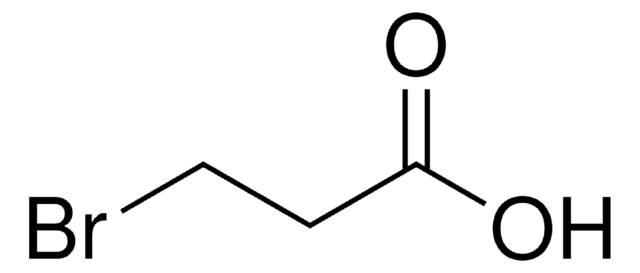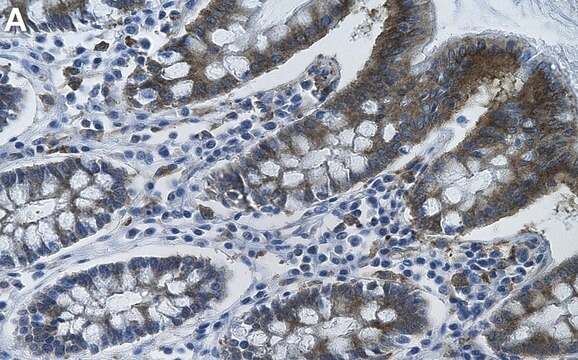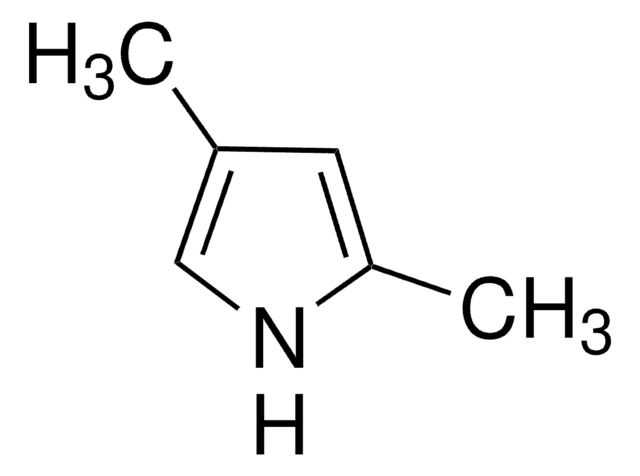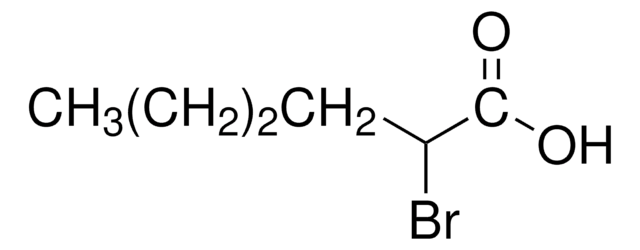About This Item
Recommended Products
assay
97%
form
solid
mp
38-40 °C (lit.)
solubility
95% ethanol: soluble 50 mg/mL, clear, colorless to faintly yellow
functional group
bromo
carboxylic acid
SMILES string
OC(=O)CCCCBr
InChI
1S/C5H9BrO2/c6-4-2-1-3-5(7)8/h1-4H2,(H,7,8)
InChI key
WNXNUPJZWYOKMW-UHFFFAOYSA-N
Looking for similar products? Visit Product Comparison Guide
Application
- 5-(3-dimethylammonio)propylammonio pentanoate bromide via reaction with 1,1-dimethyl-1,3-propylenediamine
- nanodiamond functionalized by carboxylic acid groups
- water-soluble nanoplatelets of potassium graphite
signalword
Warning
hcodes
Hazard Classifications
Eye Irrit. 2 - Skin Irrit. 2 - STOT SE 3
target_organs
Respiratory system
Storage Class
11 - Combustible Solids
wgk_germany
WGK 3
flash_point_f
230.0 °F - closed cup
flash_point_c
110 °C - closed cup
ppe
dust mask type N95 (US), Eyeshields, Gloves
Choose from one of the most recent versions:
Certificates of Analysis (COA)
Don't see the Right Version?
If you require a particular version, you can look up a specific certificate by the Lot or Batch number.
Already Own This Product?
Find documentation for the products that you have recently purchased in the Document Library.
Customers Also Viewed
Our team of scientists has experience in all areas of research including Life Science, Material Science, Chemical Synthesis, Chromatography, Analytical and many others.
Contact Technical Service















